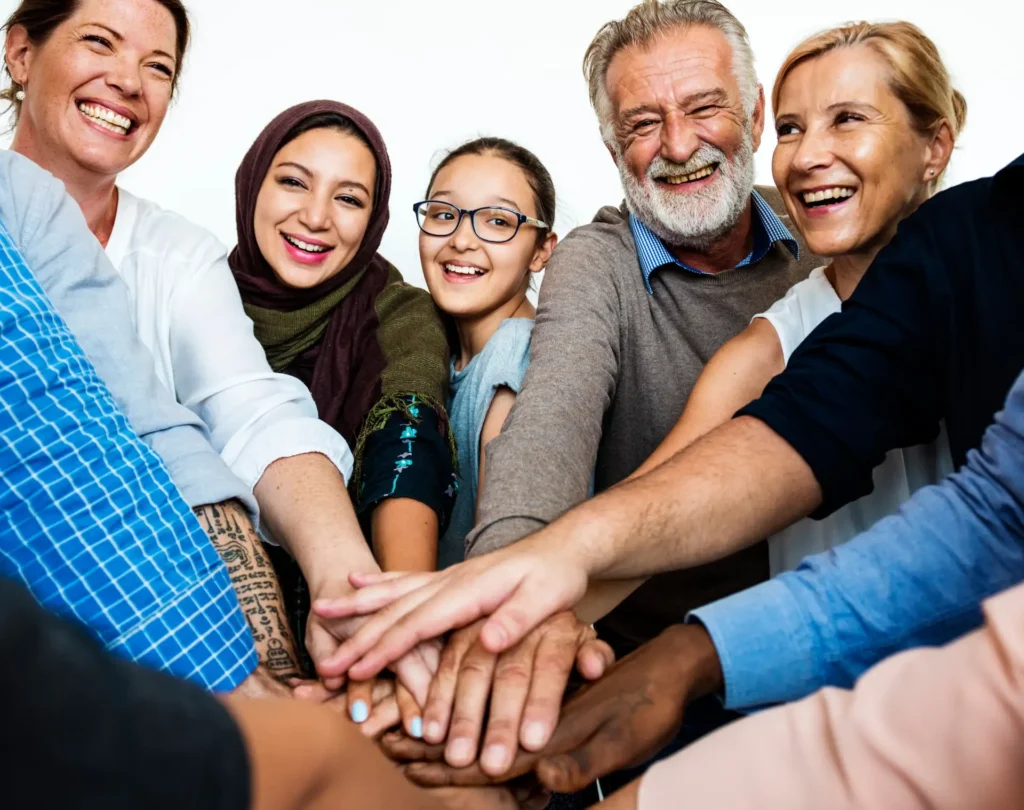**Effective Communication Strategies for Families During Addiction Recovery**
Introduction
Addiction is a multifaceted condition that not only affects the individual grappling with substance use but also profoundly impacts their family and loved ones. The journey of addiction recovery is often fraught with emotional turmoil, misunderstandings, and complex dynamics within the family unit. Effective communication strategies are vital during this challenging time, as they can foster understanding, empathy, and support. This article delves into Effective Communication Strategies for Families During Addiction Recovery, offering practical advice and insights to help families navigate this difficult period.
Understanding Addiction and Its Impact on Families
What is Addiction?
Addiction is characterized by compulsive behavior despite harmful consequences. It can manifest in various forms—substance abuse (alcohol, drugs) or behavioral addictions (gambling, internet use). Understanding addiction's nature is crucial for families as it lays the foundation for effective communication.
How Does Addiction Affect Family Dynamics?
The effects of addiction ripple through family relationships. Trust may erode, communication may break down, and roles within the family may shift dramatically. Family members often experience feelings of anger, guilt, or helplessness as they navigate their loved one’s addiction.
The Importance of Communication in Recovery
Why is Communication Key?
Communication serves as the backbone of healthy relationships. In the context of addiction recovery, it becomes even more critical. Open dialogue can help dispel misunderstandings and foster a supportive environment that encourages healing.
What Are Common Communication Barriers?
Many families encounter barriers such as fear of confrontation, emotional overwhelm, or past grievances that inhibit open discussions. Recognizing these barriers is the first step towards overcoming them.
Effective Communication Strategies for Families During Addiction Recovery
1. Create a Safe Space for Dialogue
Establishing Emotional Safety
Creating an environment where all parties feel safe to express their thoughts and feelings without judgment is essential. Encourage honesty by showing compassion and understanding.
Setting Ground Rules
Establishing ground rules for discussions can minimize conflicts. For example, agree to avoid interruptions or name-calling during conversations about difficult topics.
2. Practice Active Listening
What is Active Listening?
Active listening involves fully concentrating on what is being said rather than just passively hearing the speaker’s words. It requires empathy and validation of feelings expressed by family members.
Techniques for Active Listening
Paraphrasing: Repeat back what you’ve heard to confirm understanding. Non-Verbal Cues: Use nods or appropriate facial expressions to show engagement. Avoiding Distractions: Put away devices to focus entirely on the conversation at hand.
3. Use 'I' Statements Instead of 'You' Statements
How Do 'I' Statements Work?
Using 'I' statements helps convey feelings without placing blame on others. For example: "I feel worried when I see you using substances" instead of "You always make me worry."
Benefits of This Approach
This technique fosters understanding rather than defensiveness, facilitating more constructive dialogues during recovery discussions.
4. Be Honest Yet Compassionate
Striking a Balance
Honesty is vital but must be delivered with compassion. Being direct about concerns while maintaining sensitivity helps build trust between family members.


Examples of Compassionate Honesty
Instead of saying “You’re ruining your life,” try “I’m concerned about how your choices are affecting your health.”
5. Encourage Open Questions
What are Open Questions?
Open questions invite expansive responses rather than simple yes/no answers which promote deeper conversations and reflection on feelings and thoughts.
Examples of Open Questions
"How do you feel about your progress in recovery?" "What challenges do you think we could work on together?"
Engaging in Family Therapy Sessions
The Role of Professional Guidance
Family therapy can provide a structured environment addiction treatment center to facilitate discussions around addiction recovery. Therapists can guide families in adopting effective communication strategies tailored to their unique situations.
Preparing for Therapy Sessions
Families should prepare for sessions by identifying key topics they wish to address—this could include concerns about behavior changes or personal struggles related to addiction effects.
Addressing Conflict Constructively
Conflict Resolution Techniques
In times of stress, conflict may arise within families dealing with addiction recovery issues. Employing conflict resolution techniques can turn disagreements into opportunities for growth:
Identifying Triggers: Understand what initiates conflicts. Taking Time-Outs: If emotions run high, agree to take breaks before resuming discussions. Focusing on Solutions: Shift from blaming each other towards collaborating on solutions together.
Setting Boundaries Effectively
Understanding Personal Boundaries
Boundaries are essential in protecting mental health during someone’s addiction recovery journey—both for the individual recovering and their family members.
How to Communicate Boundaries
Clearly articulate boundaries while focusing on self-care: “I need some time alone after work; let’s talk later.” This sets expectations without alienating others involved in the conversation.
Developing Empathy Towards Your Loved One
Cultivating Empathy
Empathy helps bridge gaps between individuals experiencing addiction recovery and their loved ones by fostering understanding from each other's perspectives.
Strategies to Enhance Empathy
Educate Yourself About Addiction: Knowledge equips family members with insight into their loved one’s struggles. Engage in Shared Activities: Spend quality time together doing enjoyable activities that strengthen bonds outside the context of addiction-related stressors.
FAQ Section: Addressing Common Concerns Around Communication Strategies
Q1: What should I do if my loved one refuses to communicate?
A1: If your loved one shuts down communication, respect their space but express your willingness to listen whenever they’re ready—patience often fosters openness over time.
Q2: How can I handle intense emotions during discussions?
A2: Acknowledge your feelings upfront; it’s okay! Taking deep breaths or suggesting breaks if things escalate can help maintain calmness throughout difficult conversations.
Q3: Are there specific phrases I should avoid?
A3: Yes! Avoid accusatory language such as “You always…” Instead focus on expressing how certain actions make you feel personally rather than placing blame directly onto them!
Q4: When should I seek professional help?
A4: Seek professional assistance if conversations become too heated regularly or if underlying issues persist that hinder effective communication efforts among family members involved.
Q5: Can communication strategies change over time?

A5: Absolutely! As circumstances evolve during an individual’s journey toward recovery—family dynamics will shift too so continually reassessing methods used enhances effectiveness overall!
Q6: Should we involve children in these discussions?
A6: Children should be included at age-appropriate levels based upon maturity; however ensure sensitive handling around topics related specifically regarding substance use/addiction itself!
Conclusion
Navigating through a loved one's journey toward recovery from addiction requires patience, understanding, compassion—and above all else—effective communication strategies tailored specifically towards familial needs! Implementing these approaches ensures smoother interactions while fostering healthier relationships built upon trust & mutual respect amongst each other throughout this challenging yet transformative process together! By embracing dialogue over silence; empathy over resentment; action over apathy…families not only support those struggling with addictions but also empower themselves along paths leading towards healing & reconciliation alike!